Future husband and lawyer William Grinstead would represent Elizabeth Key-Grinstead in suing for her freedom. Unlike other cases we’d detailed, this was a particularly difficult one to challenge. Her mother was born a slave so there was no legal loophole available to her…or was there?
THE LEGAL SUIT
The weight of Elizabeth’s case rested on her status as an indentured servant. By 1655 she was 25 years old and had worked as a servant for 19 years with the bulk being under Mottram. This was much longer than a British subject was expected to serve which was roughly six years.
Another issue was Elizabeth’s status as a British subject. Being a mulatto, Mottram’s estate felt that she could be written off as a slave. However, her father was British and the law of the time dictated that children born outside of England to British parents were still British. This was especially true in British colonies.
Thus, Elizabeth Key became something of an anomaly. Her heritage seemed to cancel each other out to one side and made her British regardless on the other. Everything hinged on her paternity. As was the case when Thomas Key was brought in 19 years earlier, witnesses were paraded in to testify that Key was, in fact, Elizabeth’s father.
What resulted in her freedom was several witnesses citing the exact case when Key was brought in by the court itself in 1636 and deemed to be her father. The ruling would be overturned in the General Court, taken to the General Assembly, and reversed by the court. Mottram’s estate was required to pay Elizabeth for essentially overtime worked and she was given corn and clothing.
AFTERMATH AND LEGAL INFLUENCE
After William Grinstead completed his service in 1656 the two married and had another son: William II. Grinstead would pass away in 1661 and Elizabeth would remarry some years later to John Parse. After Parse passed away, the family inherited his 500 acres.
Elizabeth Key-Grinstead’s date of death is undocumented but it’s believed she passed sometime after 1665. What is documented was the influence of this particular case. It is the main reason for partus sequitur ventrum, the legal clause that determined a person’s status by that of their mother.
With this clause, British men who fathered children with slaves were less likely to be forced into child support and chances were extremely high that they owned the plaintiff’s mother anyway. If a child’s father was free and White it was up to the father to decide if they want to free the child.
SOURCE
-https://www.geni.com/people/Elizabeth-Grinstead/386047982110003981
-http://www.womenhistoryblog.com/2008/01/elizabeth-key.html





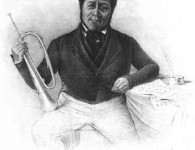


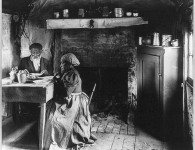

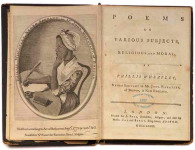

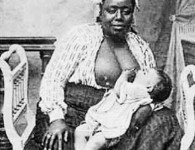
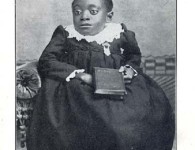

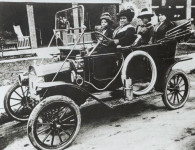

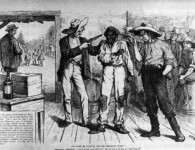



No comments